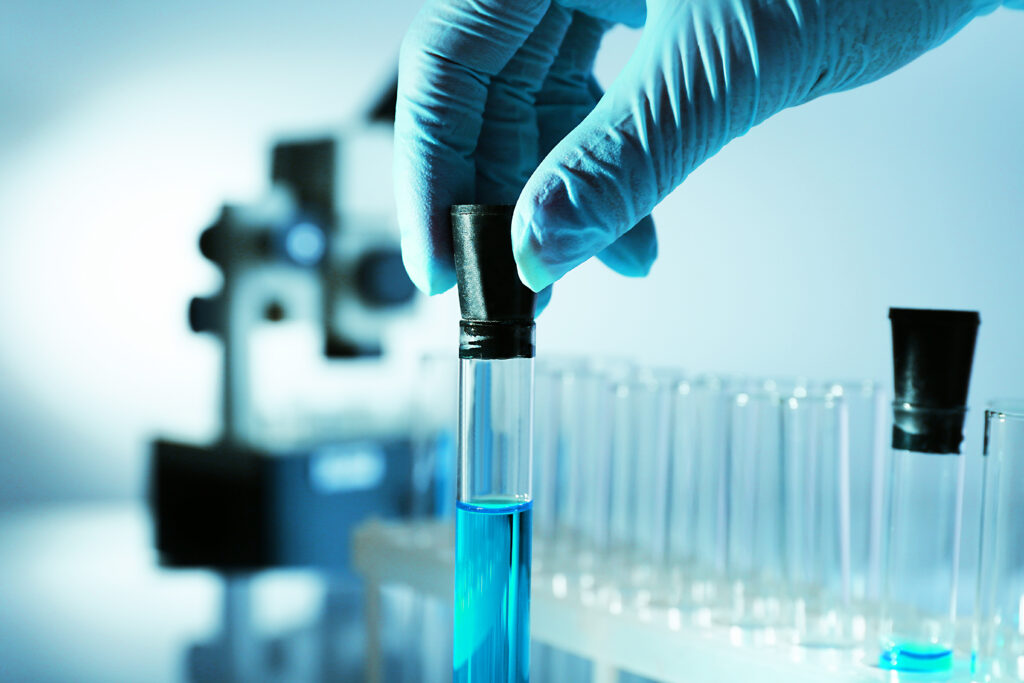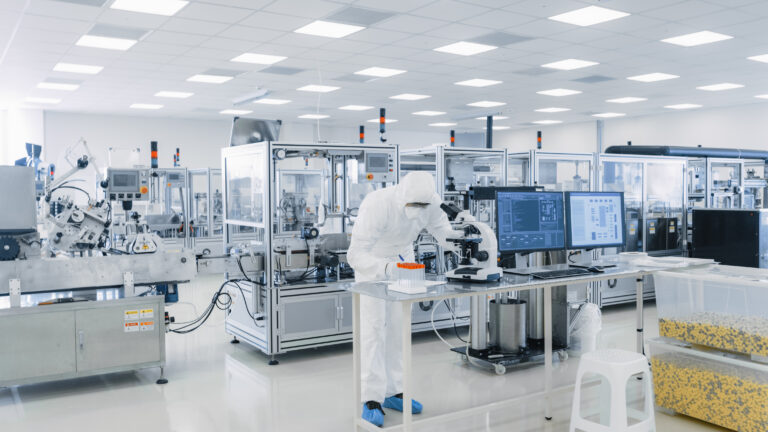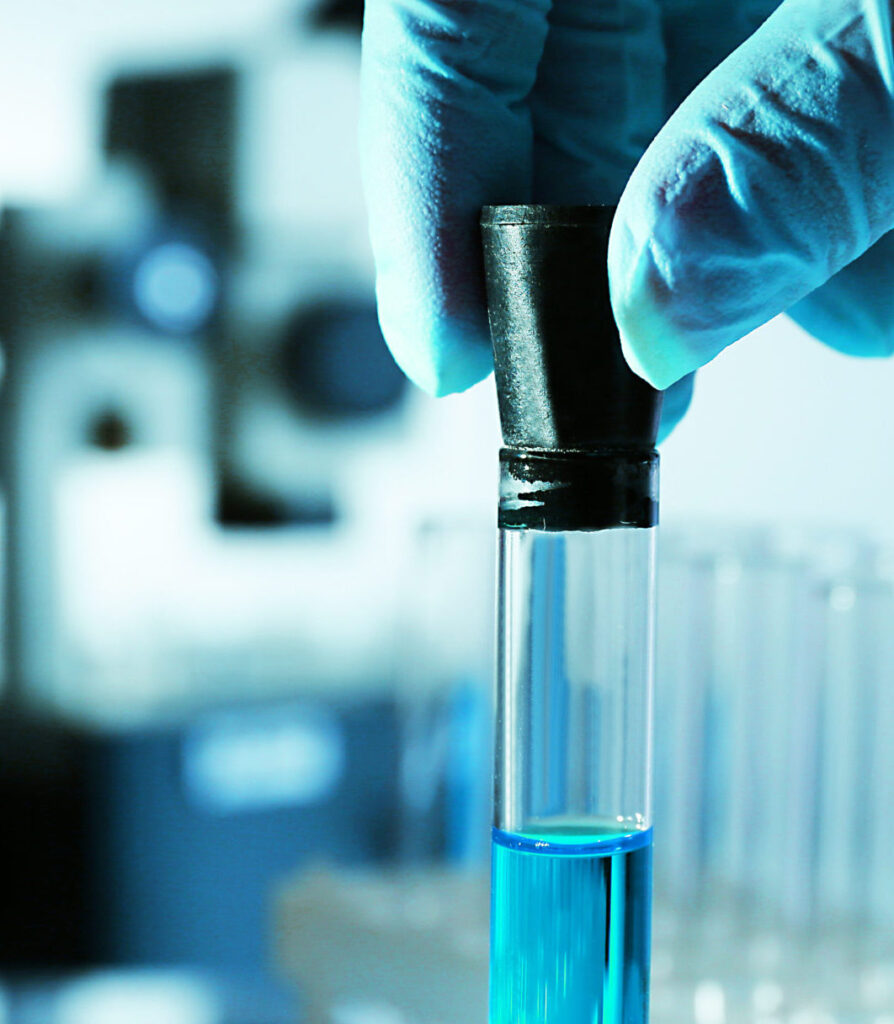Circulating Tumor Cell Test (CTC Test)
RGCC Circulating Tumor Cell CTC Test Hong Kong
Personalized Cancer Test
We offer range of RGCC tests with Circulating Tumor Cell CTC method, which its key function is to identify, analyze and screen cancer cells at different stage. The range of tests we provide are designed to achieve three goals:
1) Early detection of cancer
2) Help monitor existing cancers
3) Get a personal profile of which cancer drugs and natural substances can be used to obtain the best therapeutic effect.
What is RGCC Test? What is Circulating Tumor Cell CTC blood test? Cancer test cost? Cancer test method?
Circulating Tumor Cell CTC Tests
These tests can detect circulating tumor cells. These cells have been separated from the original tumor and entered the blood, lymphatic system or another part of the body, and may produce a second type of tumor. The circulating tumor cell is then considered to be a factor that play a significant role in the cancer metastasis process.
Researchers have made significant progress in detecting and separating these cells, but circulating tumor cell tests are not yet 100% accurate. Studies have found that in people with certain types of cancer (breast cancer, prostate cancer, pancreatic cancer, colon cancer, and skin cancer), our test has a sensitivity of 87% to circulating tumor cells and a specificity of 83% (Papasotiriou I. et, 2015).

The Science Behind Circulating Tumor Cell Test
Cancer is caused by severely damaged genetic material, which leads to random genetic instability. Everyone has a unique genetic fingerprint. Therefore, each tumor behaves differently in each individual, which is why our highly personalized test is effective.
A study found that in some groups of cancer patients, the ratio of responding to chemotherapy ranges from 100:5-8. (Royal North Shore Hospital ClinOncol (R Coll Radiol) June 2005;17(4):294).
The Relationship Between The Test and Cancer Treatment
Tumors are composed of several cell subgroups, each of which has different characteristics. One of these subgroups: called cancer stem cell-like cells or tumor-initiating cells; these cells dominate whether the tumor is resistant to treatment and the likelihood of recurrence.
The goal of cancer treatment is to destroy cancer cells. When treating patients, most of the cancer cells are destroyed, but some remain.
During the patient’s remission, the remaining cancer stem cells that can survive may spread to other parts of the body. Therefore, doctors need to detect, discover and explore the characteristics of the remaining cancer stem cells. Our test is used to detect under what circumstances [remaining] cancer cells may respond to treatment.
1. Early Detection of Cancer
Traditional imaging tests for cancer have limited sensitivity. Generally, the cancer is already quite large when the tumor can be detected by imaging. CTC can detect cancer earlier for detailed follow-up when the cancer is yet to be detected by imaging.
2. Help Monitor Existing Cancers
A substantial amount of clinical data found that the level of Circulating Tumor Cell CTC has an indication of the survival rate of patients. For example, in patients with breast cancer, if the level of Circulating Tumor Cell CTC is higher, it has an indication that the survival rate is relatively poor. On the other hand, there are clinical data showing that the number of CTCs will decrease as the tumor shrinks.

3. Get a Personal Profile of Which Cancer Drugs and Natural Substances can be used to Obtain the Best Therapeutic Effect.
The Circulating Tumor Cell CTC test provides reference for the response of circulating tumor cells to some commonly used chemotherapy drugs, immunotherapy drugs, and integrative cancer treatment drugs. The Circulating Tumor Cell CTC test can even provide some guidelines for some commonly used nutrients and supplements for cancer patients.
Helping you to make the choice of chemotherapy drugs
There are many kinds of chemotherapeutic drugs. Drug resistance often appears during treatment. And we know that chemotherapy is generally harmful to the body. If there is a test that can help us analyze which chemotherapeutic drug should be selected, then it can reduce a lot of pain for the patient. By the same token, such Circulating Tumor Cell CTC tests can also help doctors choose targeted drugs and immunotherapy drugs. Of course, the CTC test only gives us useful reference materials, and cannot completely replace the clinical response results.
Nutritional supplements
Most cancer patients will take a lot of supplements, but how should they choose? This Circulating Tumor Cell CTC test may make a leading assessment of our commonly used anti-cancer supplements and natural remedies. This can undoubtedly help patients make a better choice, strengthen the efficacy of anti-cancer, and also avoid spending wronged money.
Thermal Energy and Radiation Therapy
In addition, these Circulating Tumor Cell CTC tests can provide an assessment of the sensitivity of cancer cells to hyperthermia or radiation therapy. Through the test of HSP (Heat Shock Protein), we can predict the response of cancer to the above methods.
Feature
- This Circulating Tumor Cell CTC test provides information about the effects of specific anticancer drugs, targeted therapies, and natural therapies on the cancer cells of individual patients.
- The test combines two procedures, combining molecular and cellular methods: epigenetic analysis and viability analysis.
- This test is carried out in an ISO-certified laboratory, which is equipped with the latest technology and special software for data analysis.
Type of Test
1. RGCC Oncocount
The Oncocount RGCC test is utilized to identify circulating tumor cells (CTCs) and measure their concentration in the bloodstream. CTCs serve as a significant biomarker, indicating the potential recurrence of cancer when present in the blood.
This test is specifically designed to monitor patients who have previously had cancer and are concerned about its reappearance. By employing the Oncocount RGCC test, healthcare professionals can evaluate the effectiveness of cancer treatment and assess the probability of cancer relapse.
2. RGCC OncoTrace
The Oncotrace RGCC test serves the purpose of detecting the primary tumor in a patient and offering valuable insights into disease advancement and future prognosis.
By examining a blood sample, this test analyzes the presence and abundance of circulating tumor cells (CTCs) while also identifying their specific type (immunophenotype). Consequently, it furnishes critical information regarding the presence, concentration, and characteristics of CTCs.
These test results are instrumental for clinicians in determining the origin of an unidentified tumor and providing comprehensive details about cancer progression and the associated prognosis.
3. RGCC
OncoTrail
Oncotrail is a specialized test that offers crucial insights into the presence, concentration, and immunophenotype of Circulating Tumor Cells (CTCs) for specific types of malignancies. It is custom-designed to cater to particular malignancies like breast cancer (Oncotrail R.G.C.C. for Breast), prostate cancer (Oncotrail for Prostate), sarcoma, and more.
This test focuses exclusively on markers that are relevant to a specific type of malignancy, making it an effective tool for follow-up monitoring. By honing in on the pertinent markers, Oncotrail provides targeted and accurate information for the ongoing assessment of the disease.
4. RGCC Onconomics
Onconomics RGCC delivers comprehensive and precise insights into the efficacy of specific anti-cancer medications and targeted therapies in the treatment of cancer.
This test employs a combination of molecular and cellular methodologies, encompassing epigenetic analysis and viability assays. By evaluating a blood or tissue sample, it assesses the effectiveness of specific therapies in suppressing cancer.
The combined outcomes of these two testing procedures equip scientists and clinicians with an in-depth understanding of the optimal and successful treatment approaches for cancer. This detailed information aids in making informed decisions regarding the most suitable course of action for patients.
5. RGCC Onconomics
Plus
Onconomics Plus RGCC offers valuable insights into the impact of individualized anti-cancer drugs, targeted therapies, and natural treatments on cancer cells within a patient.
By analyzing a sample of blood or tissue, this test determines the effectiveness of specific therapies in suppressing cancer.
The combined outcomes of these comprehensive tests provide scientists and clinicians with a detailed overview of the most appropriate and successful treatment options for cancer. Clinicians can utilize these results to design personalized and targeted cancer therapies that hold the greatest potential for success.
6. RGCC Onconomics Extract
Onconomics Extracts stands out as an exceptional and meticulously thorough test that offers insights into the efficacy of natural substances and plant extracts in combatting circulating cancer cells (CTCs).
Employing three distinctive and scientifically validated methodologies, Onconomics Extracts evaluates the effectiveness of natural treatments in addressing cancer. The results of this test furnish a comprehensive and personalized analysis, guiding patients towards the most effective natural treatments to complement conventional therapies in their cancer treatment journey.
7. RGCC
Metastat
Metastat RGCC represents a cutting-edge test designed to identify precise blood-borne markers that can reliably indicate the likelihood of developing a secondary cancerous tumor and even pinpoint its potential location.
In this advanced test, a sample of the patient’s blood is meticulously analyzed, identified, and measured in our state-of-the-art laboratory, specifically focusing on the presence of circulating tumor cells (CTCs).
Metastat RGCC is suitable for all patients who have received a confirmed cancer diagnosis, as it possesses the capability to accurately detect the emergence of secondary cancers or tumors. By providing such crucial information, this test significantly enhances the effectiveness of personalized cancer treatments.
8. RGCC
CAMBISeq
RGCC CAMBISeq® introduces an innovative approach by utilizing next-generation sequencing analysis on both DNA and RNA, thereby equipping clinicians with invaluable insights into the realm of cancer.
The CAMBISeq® test, short for Cancer Analysis, Mutational Burden and Instability Sequencing, serves the purpose of identifying variants within 500 genes that our esteemed scientists employ as biomarkers to evaluate their susceptibility to immunotherapy. The outcomes of this test have the potential to predict a patient’s response to various types of immunotherapy, providing a valuable gauge of effectiveness.
RGCC CAMBISeq® is a suitable option for all patients who have received a confirmed cancer diagnosis. By harnessing this test, clinicians can effectively identify the optimal and most potent combinations of cancer treatments, thereby offering patients the highest chances of success in their treatment journey.
9. RGCC
Immune Frame
Immune-Frame is a diagnostic tool employed to evaluate the state of a patient’s immune system. In this test, scientists scrutinize specific cellular markers responsible for regulating the activation and suppression of the patient’s immune response.
The outcomes of Immune-Frame serve a crucial purpose in analyzing the condition of a patient’s immune system and offering continuous insights into their overall health status. Armed with this information, clinicians are empowered to provide guidance regarding potential health risks that patients may encounter and suggest methods to mitigate these risks effectively.
The 6 steps for the Circulating Tumor Cell Test:
Step 1: Make an appointment with our clinic
Step 2: Come to the clinic to see the doctor and perform a blood draw
Step 3: The blood sample will be sent to the advanced laboratory
Step 4: The laboratory performs a series of tests on the samples to detect any potential cancer
Early signs, or monitoring of any existing cancer tumors
Step 5: The laboratory will get the test report ready
Step 6: The doctor explains the test results

FAQ - RGCC Circulating Tumor Cell Test
ASk US Anything about RGCC CTC Test
What is the cost of Circulating Tumor Cell Test?
Given the diverse range of test available, there are different types of test tailored to specific purposes. Please call us to inquire about RGCC TEST charges. We will provide RGCC Test fees and related information for reference.
What is the RGCC Circulating Tumor Cell test?
The RGCC Circulating Tumor Cell test is designed for patients whom want to seek a personalized cancer test. It is expected to: Detect early signs of cancer development; help monitor existing cancers; assist in identifying chemotherapeutics and natural substances that achieve the best treatment results
What is CTC blood test?
The circulating tumor cell (CTC) test is a blood test that looks for tumor cells that have shed from the tumor and are circulating in the bloodstream.
